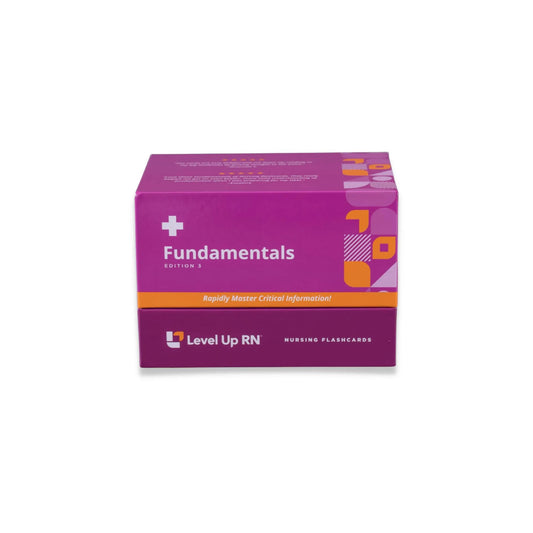Hi, I'm Ellis, and in this video, I'll be discussing physiological changes for the older adult, specifically related to the renal system and to the reproductive system. So this card can be found in the gerontology section of the fundamentals flashcard deck, so if you have that deck, grab this card. You can see which things are bold and red if you do so, and you can follow along with me. Renal system changes in the older adult include a decrease in nephrons, a decrease in renal blood flow, and a decrease in kidney function. There's also a stiffening of the bladder and a weakening of the bladder muscles. So those are some factors that will increase the risk for urinary incontinence. Older adults are also more likely to experience urinary retention, and they're at a risk for urinary tract infections. And something important to remember about urinary tract infections in the older adult is that confusion and agitation is often a symptom and can sometimes be misleading as a symptom and delay treatment for a UTI in an older adult. Reproductive changes for females as they age include a decrease in hormone production, specifically estrogen and progesterone. There is cessation of ovulation. The vaginal walls often become thinner and drier, and there is, of course, menopause or the cessation of menstruation. Signs and symptoms of menopause include hot flashes, mood swings, and sleeping difficulties.
Reproductive system changes in males as they age include prostatic enlargement. This is usually the benign prostatic hypertrophy, which just means that their prostate is enlarged, but it's benign, meaning it's noncancerous. It's extremely common. They also are going to experience changes in their hormones, so a decrease in testosterone, which often leads to a decrease in sex drive and a higher risk for erectile dysfunction. In what way may the method of urinary output change in an older adult? They are at an increased risk for experiencing both incontinence and retention. What unique symptom might an older adult experience if they have a UTI? Confusion and/or agitation. It is common for aging males to experience which benign condition? Benign prostatic hypertrophy.


